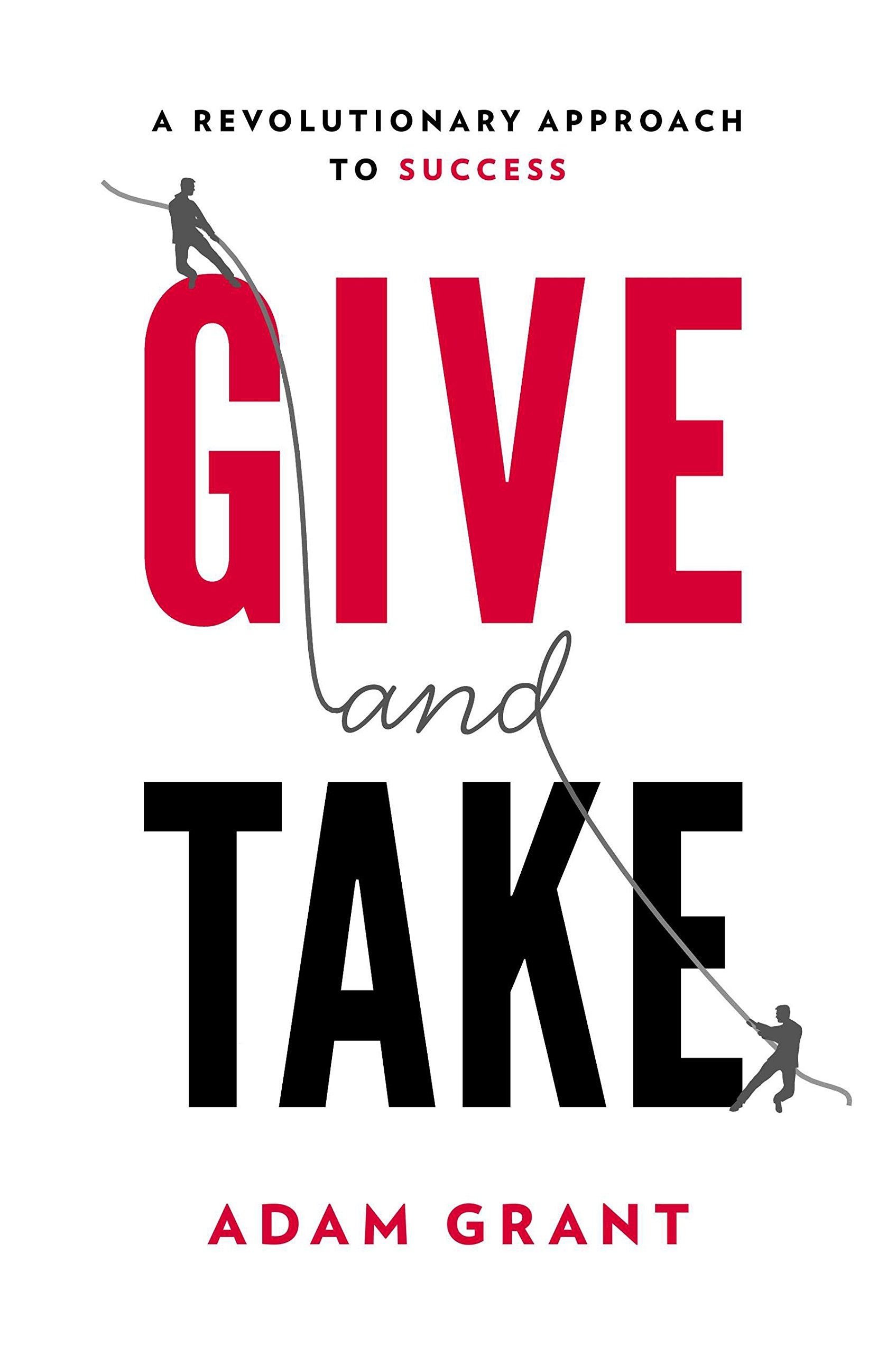As far as people's reciprocity styles go, the author, business professor Adam Grant in this book, explains three main types: Givers and takers and matchers. Givers tend to give more without expecting to get in return, takers try to receive as much as they can and matchers endeavor to balance giving and taking. The author claims that givers typically finish last. They were shown to have lowest productivity and effectiveness levels in work life. But also the highest and most successful statistics too. The book teaches how to be an effective giver, without being a doormat.
Several case studies are employed to show how these reciprocity styles affect success, using examples of people in several works of life to show how giving led them to achieve high levels of success. It explains several traits of givers such as comfort expressing vulnerability and belief in others' potential and shares ways to encourage giving tendencies in a community and suppress taker tendencies as well as shift matching towards giving. Giving can be contagious in a group. When you invest in others in a group, they are encouraged to pay it forward and this could easily become the norm for the group. Giving though, needs to be balanced with some consideration of self-interest, without which it could lead to burnout.
The author further puts forward, using more case studies, that though they often seem to have the upper hand in the short term, takers often do not do well long term. Furthermore, taking and takers could be potential roadblocks and influences on giving and givers but in the end illustrates how giving is meant to and does prevail and how to establish a giving culture and work and in life.
People might employ different styles in different environments though, such as in close relationship versus in professional life. However, generally speaking, the worst performers and the best performers are givers, while takers and matchers are more likely to land in the middle. This book summarily explains why givers typically get ahead in life.
Among other themes worth noting in the book:
- - Motivation proceeds interest in development of talent. . Something most world class professionals have in common: finding a teacher - not the one who was the best in the discipline- one who made their first lessons and experience fun, rewarded and encouraged them and made initial learning pleasant and rewarding
- - People tend to make better decisions and bargain for better outcomes when they are deciding on behalf of others
For work life:
- - Believe that your subordinate is capable which will set high expectations for them. Engage and encourage them and they tend to perform better. They realize you are invested in them and do not want to let you down.
- - When subordinates are dutiful followers, speaking powerfully thereby conveying dominance works. However when they are proactive and need to take initiative, powerless speaking is more effective.
- - Asking for advice is an effective way to influence peers and subordinates and also superiors when we lack authority.
